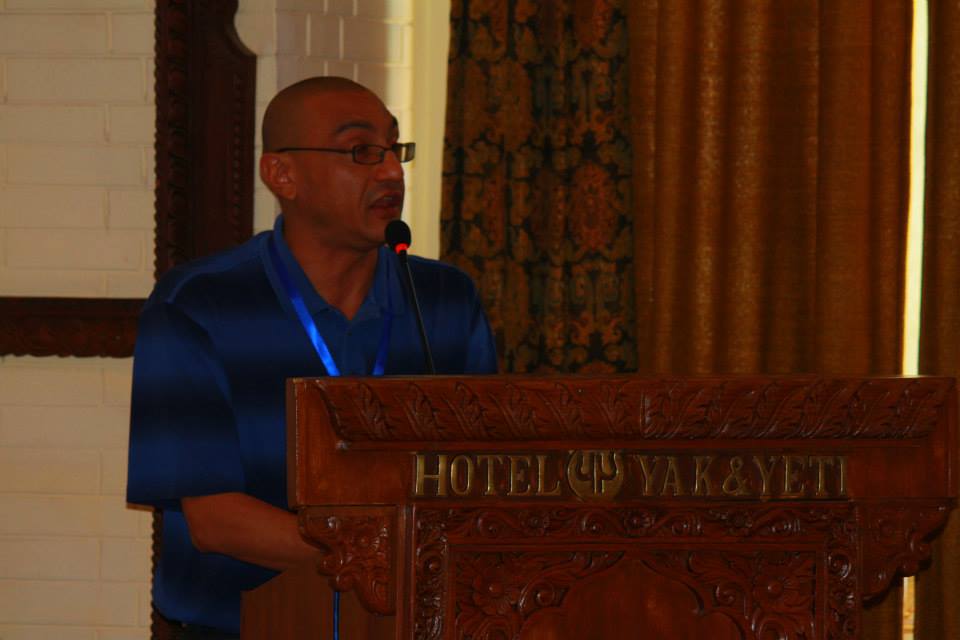Written by Anjay Kumar, drug user activist in Nepal
There were an estimated 52,174 people who inject drugs (PWID) in Nepal in 2013 with an annual growth rate of 11.36% (Government of Nepal Ministry of Home Affairs).1 Drug use in Nepal is paired with domestic social, economic, and political issues. Nepal is one of the poorest countries in the world and, as a result, it is ill-prepared to deal with many of the health issues that drug users face, including multi-drug-resistant tuberculosis, HIV and AIDS, and the new threat of hepatitis C.
Drug users in Nepal are often from lower-income and marginalized communities. They are too often stopped, searched, arrested, prosecuted, convicted, and incarcerated with inequitable treatment by the criminal justice system. Some drug users have been detained in prison-like conditions and forced to do unpaid labor. Others have been subjected to physical and psychological abuse in the name of “drug treatment.” Most of the drug users I’ve known have never been out to hurt anybody, but they have their rights taken away, face violence, and are ostracized. Negative social perceptions, stigma, and discrimination all help to fuel this inhumane treatment toward drug users. Drug use is not recognized as a health issue but instead is seen as a moral depravity, marginalizing a substantial proportion of drug users and depriving them of access to treatment and care.

In my opinion, the focus should be on whether a drug user is stable and capable of carrying out their social duties and responsibilities. As a drug user living with HIV, a family man, and a working man, I have been forced to discipline myself after stumbling many times in the past. For me this has been the key to holding my own life together.
The Coalition of Drug Users in Nepal (CDUN) advocates for the attainment of the highest standard of quality health care in a nondiscriminatory and dignified manner for all drug users. We advocate for a human-rights-based approach, substantiated by evidence, to inform policies related to drug use.
We want to change society’s perception of drug users by empowering them to lead noble and productive lives and to contribute to society.
We are also in the process of consolidating lessons learned from former drug users who later became care providers for their peers. These individuals provide care to drug users when others will not, due to discrimination. CDUN endeavors to promote these best practices and other emerging evidence to create a larger social impact for drug users. We envision a world where every person with a history of drug use is equipped to make informed, personal choices without fear of being denied their health, human rights, or prospect for a fulfilling social existence.
Anjay Kumar KC, aka ‘The Impactivist’ (for impact + activist), is a drug user activist and advocate for health, human rights, and harm reduction for drug users and HIV related policy in Nepal and globally. Anjay is also a person living with HIV and Hep C co-infection and a proud family man supporting a wife and child who are also living with HIV. He has been fighting against social injustice and working with most at risk, vulnerable and key affected populations such as PWID, LGBT, FSWs, migrants and AIDS orphans since 2002.
